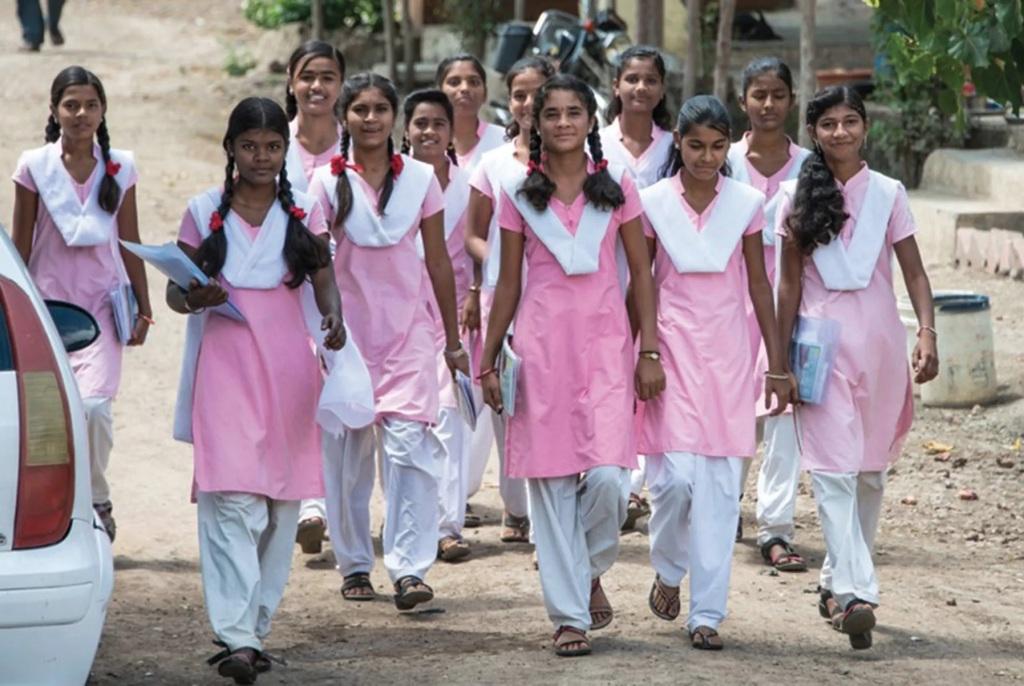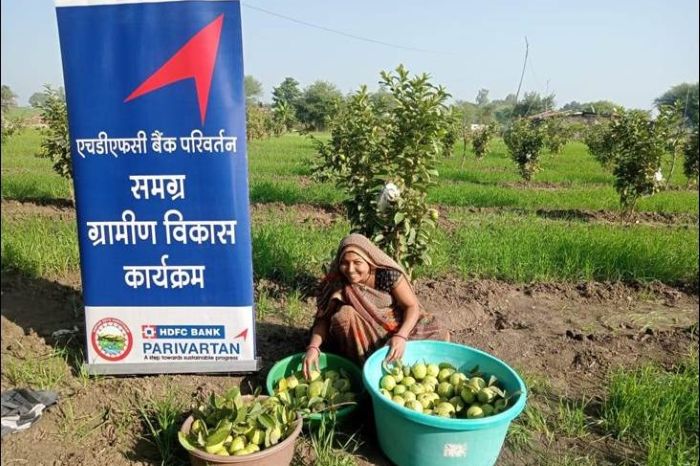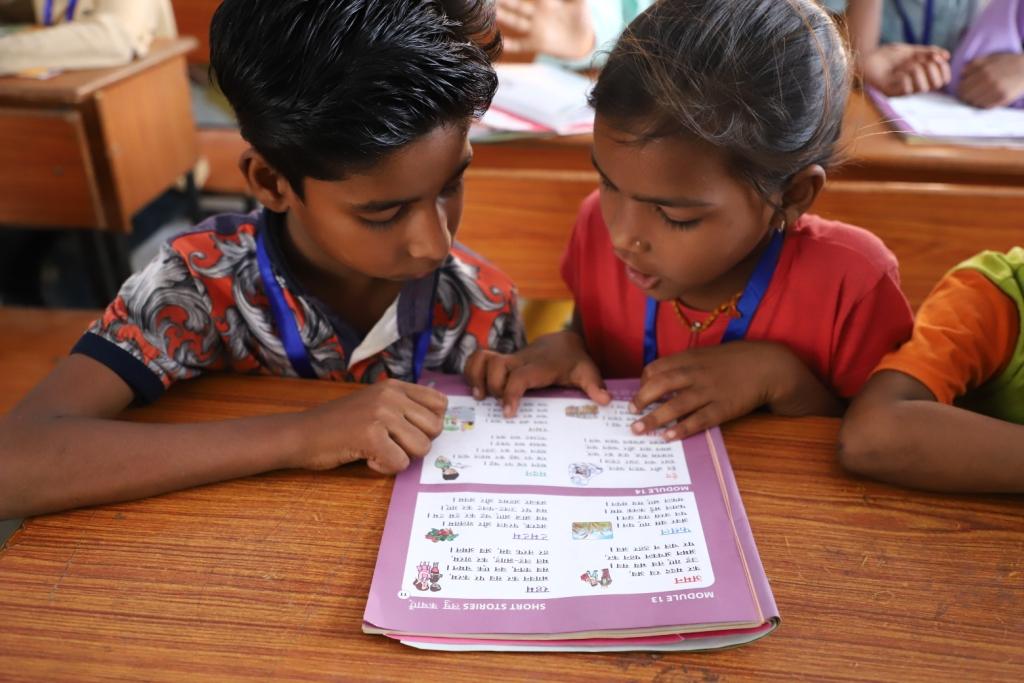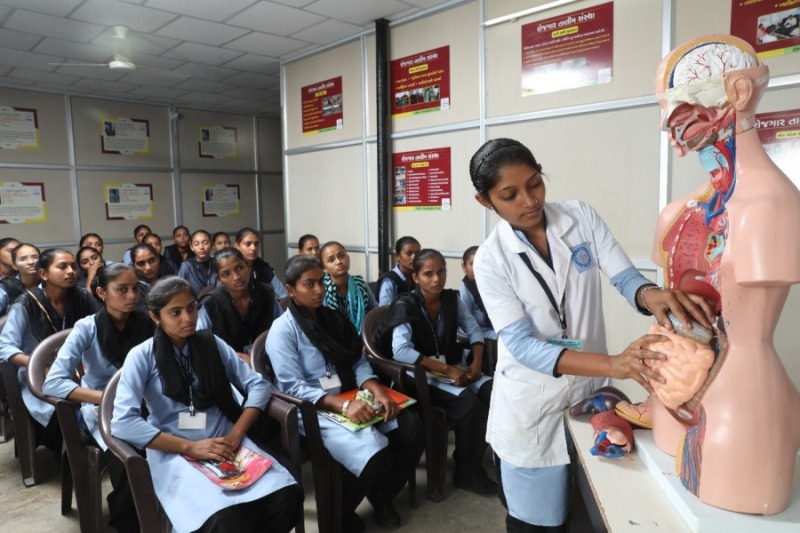India’s dairy sector is not just a vital component of the nation’s economy—it is also one of the largest sources of rural employment, especially for women. With over 70% of the dairy workforce being women, the sector plays a crucial role in empowering rural households, ensuring livelihood security, and strengthening nutrition at the grassroots level. Beyond its traditional role, dairy farming has increasingly become a springboard for women to step into entrepreneurship, turning their small-scale milk production units into sustainable and growth-oriented businesses.
One such inspiring story is that of Anita Dash from Balasore, Odisha, whose remarkable journey from owning a single cow to running a ₹2 crore dairy enterprise exemplifies how determination, innovation, and institutional support can turn local enterprise into large-scale success.
Coming from a humble background, Anita aspired to improve her family’s livelihood and provide better opportunities for her two children. Her journey began in 2012 with just one cow, supplying fresh milk to nearby households. As demand grew, she expanded her operations to 60 cows by 2015, steadily building a loyal customer base. However, when irregular milk supply from farmers began to affect her deliveries, Anita faced a tough challenge. Rather than give up, she decided to innovate—teaching herself to process milk into value-added products like paneer, khoya, chhena poda, and dahi rasagolla by watching YouTube tutorials. Her products quickly gained popularity for their purity and quality, helping her business recover and thrive.
In 2021, Anita established Krishna Dairy, selling milk and dairy products in packaged form. Seeking to further expand her business, she applied for financial support under the PM Formalization of Micro Food Processing Enterprises (PMFME) scheme. Through the scheme, Palladium, serving as the State Project Management Unit for Odisha, facilitated a bank loan of ₹26.8 lakhs for her. This allowed Anita to purchase advanced machinery, boosting her daily production capacity to 5 quintals and generating a daily profit of ₹10,000. Today, her monthly profits range between ₹3–4 lakhs, and her products are available in retail outlets across the district.
Anita’s success is part of a wider transformation powered by the PMFME scheme, implemented by the Directorate of Industries, MSME Department, Government of Odisha in collaboration with Palladium. The initiative aims to formalize and scale micro food processing enterprises through credit-linked support, capacity building, supply chain integration, and enhanced market access.
The scheme has made significant impact, extending credit-linked support to over 1700 micro food processing enterprises, many of them run by women entrepreneurs. It has also trained more than 9,300 beneficiaries in entrepreneurship development, empowering them to establish their own businesses. Seed capital support has reached over 23,400 Self-Help Group beneficiaries and the initiative has successfully mobilized more than 10,000 participants through workshops, events, and fairs.
The initiative aims to increase the income of small food processors, create jobs, and strengthen rural economies by encouraging value addition and enhancing the overall competitiveness of the food processing sector. The scheme’s support for credit-linked capital subsidies and access to modern machinery is improving production efficiency, enabling rural entrepreneurs to tap into larger markets. This not only strengthens local economies but also promotes diversification into value-added products, ensuring long-term sustainability and resilience for small food enterprises across the country.
Anita’s success reflects a larger trend—women-led enterprises are transforming India’s food processing landscape. According to government data, under PMFME, 35% of beneficiaries are women, highlighting how such schemes are empowering female entrepreneurs to scale their businesses.
“PMFME scheme is enabling micro-entrepreneurs especially women to move from subsistence to success. By providing credit-linked support, modern equipment, and access to training, the scheme is unlocking new possibilities for small food processors across Odisha. We are proud to support such entrepreneurs who are not just building businesses, but also creating jobs and strengthening rural economies,” said Shri Surya Kanta Behera, General Manager, District Industries Centre, Balasore.
Echoing the sentiment, Amit Patjoshi, CEO, Palladium India, said “With more women like Anita leading the way, schemes like PMFME are not only creating successful businesses but also strengthening local economies. Anita’s journey from a small milk vendor to a successful food processing entrepreneur underscores the potential of government-backed programs in fostering sustainable businesses. Her story highlights how access to capital, skill development, and market linkages can empower micro-entrepreneurs to scale and succeed,” said Amit Patjoshi, CEO, Palladium India.


















.jpg)



